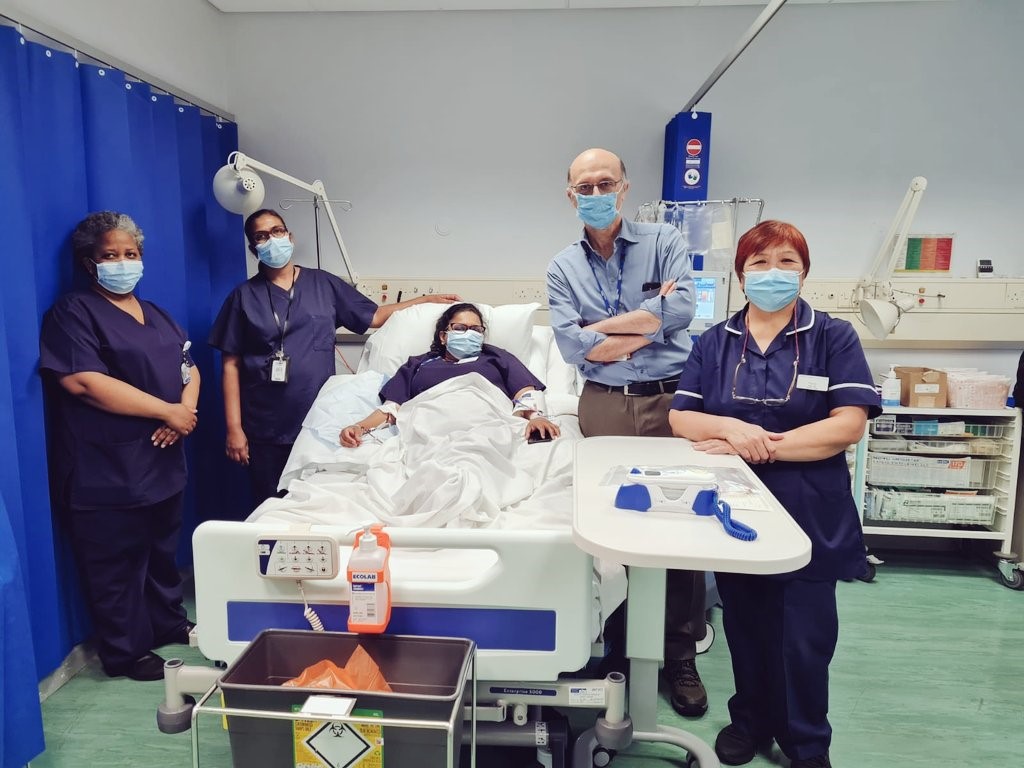
To mark Blood Cancer Awareness Month, Dr Lucy Cook, Consultant Haematologist at Imperial College Healthcare NHS Trust and Honorary Senior Clinical Lecturer from the Department of Immunology and Inflammation, shares how CAR-T cell therapy is transforming blood cancer treatment for patients.
September is Blood Cancer Awareness month, a time dedicated to raising awareness of blood cancers, which often don’t receive the same recognition as other types of cancer types. According to the charity Blood Cancer UK, over half of British adults cannot name a single blood cancer symptom. With over 100 different types of blood cancer, patients often know the name of their specific diagnosis (such as leukaemia, lymphoma, myeloma, myelodysplastic syndrome, CML etc.) but may not realise that these are all forms of blood cancer. Collectively, blood cancers are the third most common group of cancers. Raising awareness among both the public and health care professionals is critical to improving early detection and diagnosis.
At Imperial College London and Imperial College Healthcare NHS Trust, September gives us the opportunity to reflect on the progress made since last year’s Blood Cancer Awareness Month. One of the most exciting aspects has been the delivery of CAR-T cell therapy for lymphomas (a type of blood cancer that affects white blood cells) and acute lymphoblastic leukemia (a rare type of cancer that affects the blood and bone marrow). This year, the National Institute for Health and Care Excellence (NICE) also approved several new bispecific antibody therapies (BITEs) for lymphoma and myeloma (a type of cancer that develops from plasma cells in the bone marrow). BITEs are special proteins designed to help the immune system fight cancer. CAR-T and BITEs are a new wave of therapies, that harness the immune system to kill the cancer cells, rather than relying on conventional chemotherapy. Following successful clinical trials, these therapies are now broadly approved for use in patients who have not responded to chemotherapy, offering potentially curative treatments for patients who previously faced poor prognoses. Clinical trials for CAR-T cell therapy are in progress for multiple myeloma, which is really exciting, offering hope for longer remissions for patients with a cancer subtype where no curative treatments currently exist.
